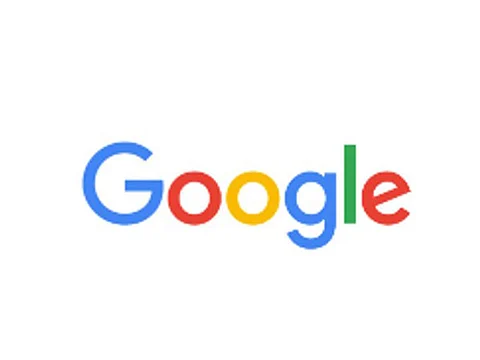

Google CEO Sundar Pichai has sent a strong message to all employees for 2025 amid a bleak outlook for the global IT industry, following widespread layoffs driven by the broad adoption of AI tools and an uncertain economic future. In a clear directive to staff, Pichai wrote, “I think we have to accomplish more.”
This directive, conveyed during an internal town hall and reiterated in a company-wide message, suggests a renewed and heightened emphasis on productivity, innovation, and corporate responsibility across the company’s international offices.
According to a report by Financial Express, Pichai’s latest call to action comes at a pivotal moment for Alphabet, Google’s parent company. While economic challenges continue to compel large enterprises to restructure their workforces, the tech industry is also witnessing heightened competition in emerging sectors such as artificial intelligence (AI) and cloud services.
Pichai stresses on leadership and innovation
In his message, Pichai said: “The world is looking to Google for leadership and responsible innovation.” Employees are being encouraged to push themselves, work more strategically, and raise the bar for success in their positions in order to achieve these expectations.
Google intends to deliberately focus large investments in strategic sectors in the future. These include the creation of next-generation search experiences, innovative climate technologies, and ambitious "big bets" in AI. Pichai emphasised the significance of speeding up execution in order to turn concepts into reality much more quickly.
“Be AI-savvy”
According to Brian Saluzzo, the stress is on providing robust tools for software engineers (SWEs) to help “everybody at Google be more AI-savvy.”
Saluzzo emphasised that Google has developed a wide range of AI products especially for its staff, allowing "folks to go faster," in line with this objective. In particular, he brought up an internal platform called "AI Savvy Google." This platform acts as a central location for a range of materials, such as interactive learning sessions, practical toolkits, and speciality courses.
